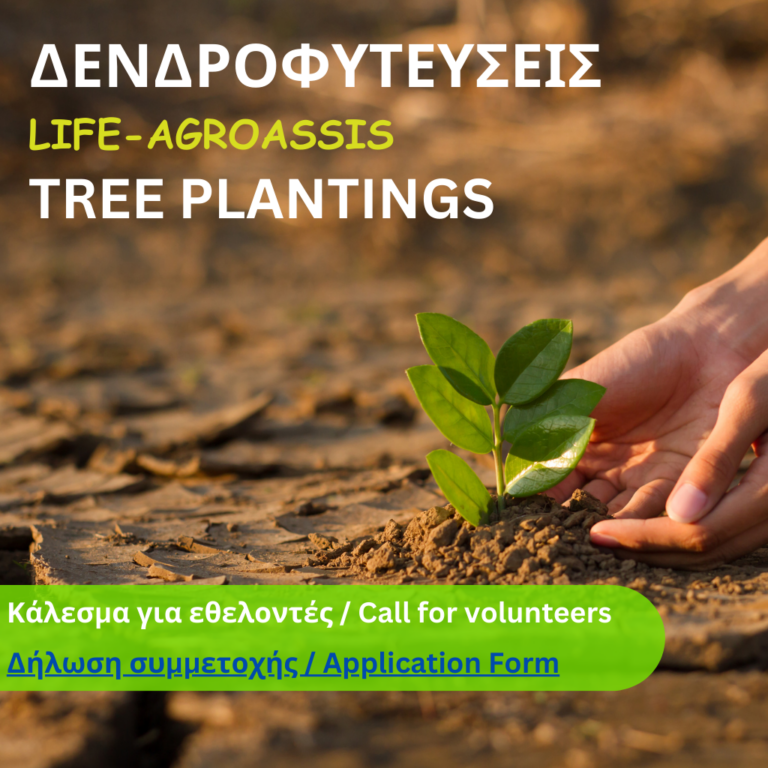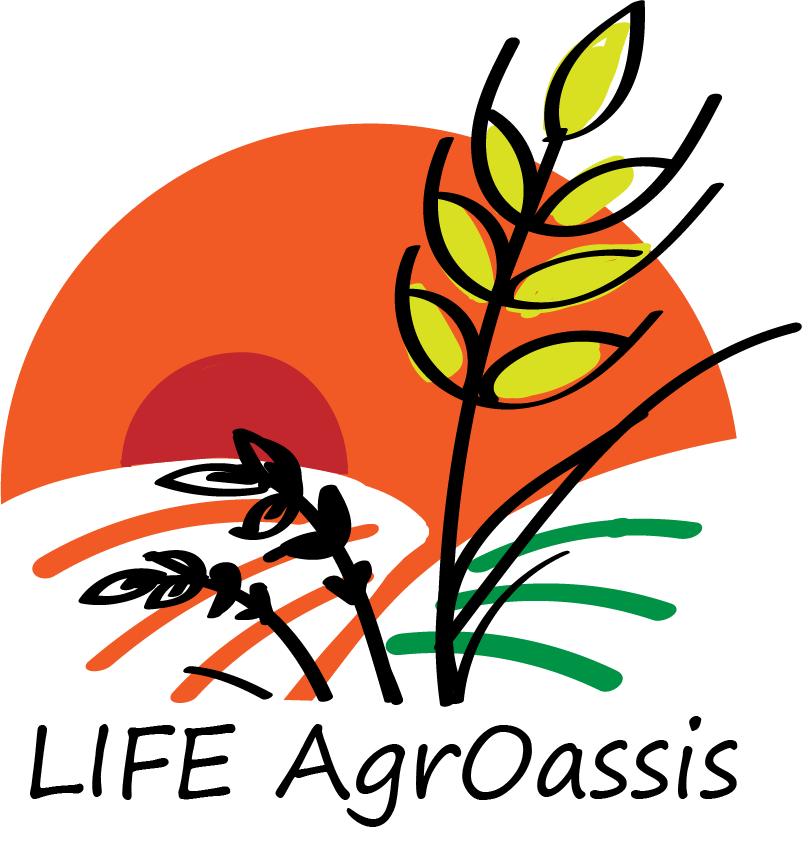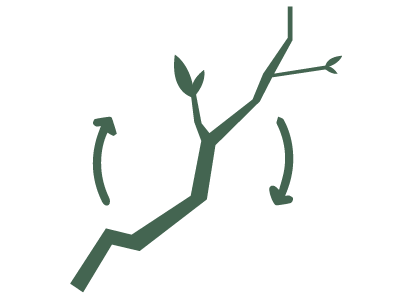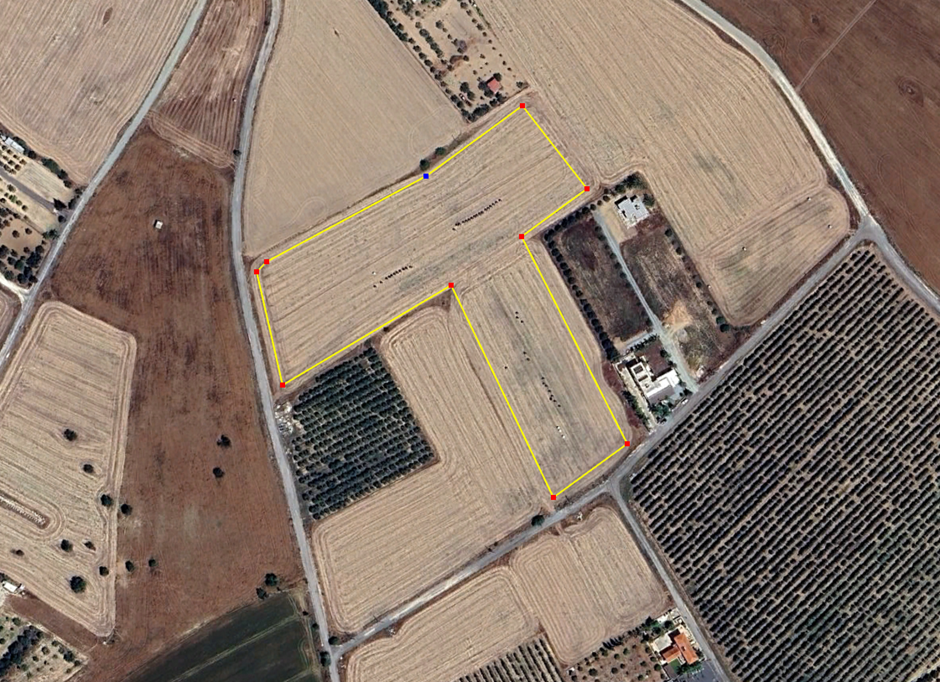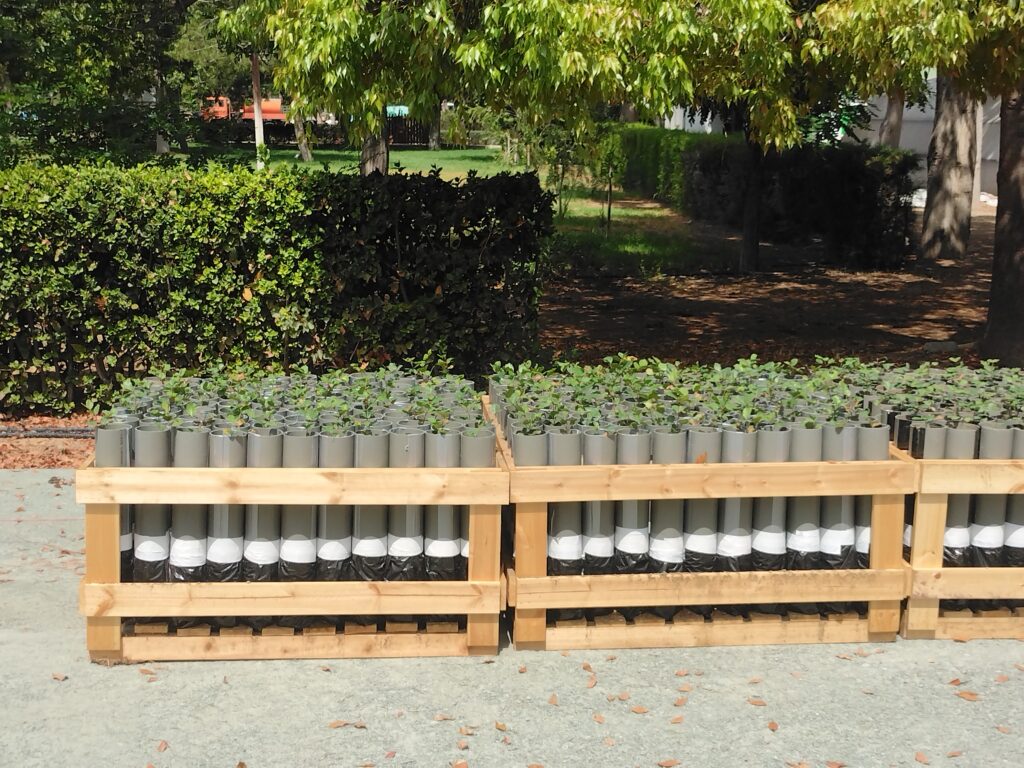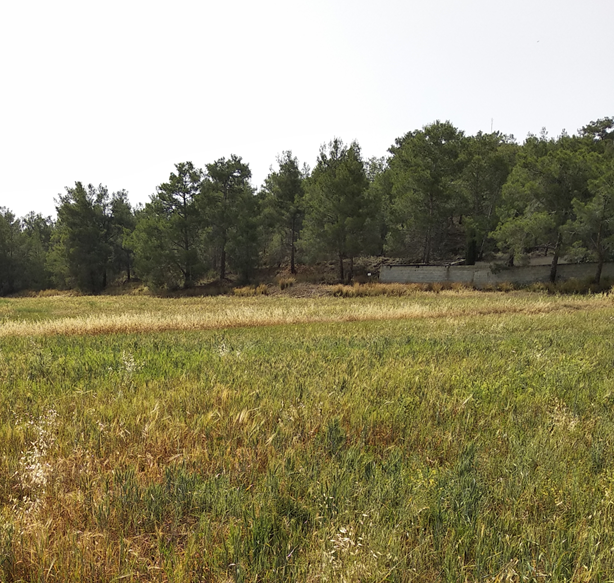the project
The primary objective of Agroassis is to assist climate change adaptation in the agricultural sector of the EU's two most south easterly countries, Cyprus and Greece, and beyond.
To meet the objectives of the EU legislation and policy on climate action AgrOassis will develop, demonstrate and promote innovative techniques, best practices, methods and approaches, as well as close-to-market solutions in areas currently exposed to desertification.
As a consequence of inappropriate land use and wildfires, these areas are expected to become even more vulnerable under climate change. The project will also markedly contribute towards climate change mitigation, promote carbon farming and biodiversity restoration. The latter will be achieved by promoting effective re-growth of trees and shrubs in degraded field margins and by aiding pollination processes, in regions of poor soil quality and very low natural vegetation cover.
While regenerating ecosystem services within degraded agroecosystems, AgrOassis will also seek to identify and remove obstacles related to inappropriate governance and policies that obstruct the implementation of the EU's Green Deal Agenda and the alm of reaching climate neutrality by 2050.
Preparatory work for AgrOassis, has identified Cyprus as a hotspot of unsustainable soil management practices connected to widely applied tillage. This appears as an indirect side-effect of government policies aiming to enforce CAP EU legislation, as well as a direct result of inappropriate counseling towards farmers and inadequate training on how to combat desertification. AgrOassis also attempts to mobilize the private sector by utilizing available unexploited resources to promote the circular economy concept in the agro-sector of Cyprus.
At the same time, the project will mobilize private investment towards close-to-market solutions on green waste sustainability and sustainable soil management in line with the EU's Farm to Fork Strategy.
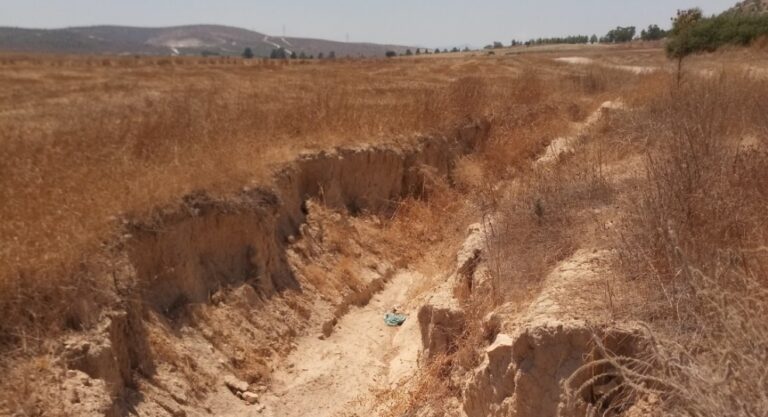
actions
This WP is dedicated to the coordination of the project to ensure efficiency in execution and administration of the project. It will implement the management structure, the communication flow, and quality control. A full-time project manager and a Project Management Team will ensure efficient coordination and monitoring with the advice of a Scientific Committee.
This WP consists of a number of preparatory tasks which will provide practical recommendations and/or information and will guide the actual implementation phase of the project (technical planning, permit procedures, stakeholders consultation etc). The results of the WP will inform the core actions of the project and facilitate/ensure their successful implementation.
This WP is dedicated to a number of tasks necessary to implement sustainable soil management practices including mulching, minimum or no tillage and direct drilling. The WP will enhance both local infrastructures but also know-how on sustainable soil management to support climate change adaptation.
This WP aims at installing hedgerows resilient to drought in burnt and/or degraded agricultural field margins that will combat desertification and assist CC adaptation. This will be achieved by specialized production of stress adapted plants in nurseries and by planting of hedgerows in degraded wheat field margins and roadsides connecting fields and in burnt and/or degraded orchard margins in Greece and Cyprus.
This WP will deal with the production and use of compost for degraded soils. The aim will be achieved by setting up a sustainable compost production facility and pilot compost produces based on municipal and agro green waste, chicken manure and fire-affected plant biomass.
A strategy for results exploitation and the replicability in other degraded areas of main activities such as hedgerow installation and sustainable compost production. In addition, it will foster the development of a Science- Policy –Society platform forming a policy group on desertification and agriculture and creating a network of farmers for resilient agriculture.
This WP will monitor the project’s effects on crops, soils, biodiversity, and carbon sequestration. A socioeconomic study and an evaluation of ecosystem services at the community level will be carried out. Reporting of (estimated and actually achieved) keyperformance indicators (KPIs) will be an integral part of this WP.
Deliverable 7.3 Extract of the project data from the LIFE KPI webtool
This WP will take up results of the previous WPs to present and disseminate them to a wide range of users. Public awareness and dissemination will follow a multi-stakeholder communication strategy during the project and beyond (After Life Plan) with networking, information exchange activities and knowledge transfer events. Presentation and publication of the results through participation in scientific conferences and other (inter-) national meetings will also take place. Events for the local community will be organized to motivate and raise awareness among citizens about the importance of the habitat and the Call: [LIFE-2021-SAP-CLIMA-CCA] — [iClimate Change Adaptation] EU Grants: Application form (LIFE): V1.0 – 15.04.2021 30 environmental impacts of invasive species. Networking with other LIFE and/or non-LIFE projects is also foreseen.
Informational Flyer (in Greek, January 2023)
LIFE-AgrOAssis First Webinar: Day 1
LIFE-AgrOAssis First Webinar: Day 2
LIFE-AgrOassis Brochure (in English)
implementation actions
join us
If you participate in similar projects or initiatives dealing with climate change and agriculture, we would like to invite you to join the LIFE Agroassis network in order to share our experiences and knowledge and to explore options for organizing joint activities!


